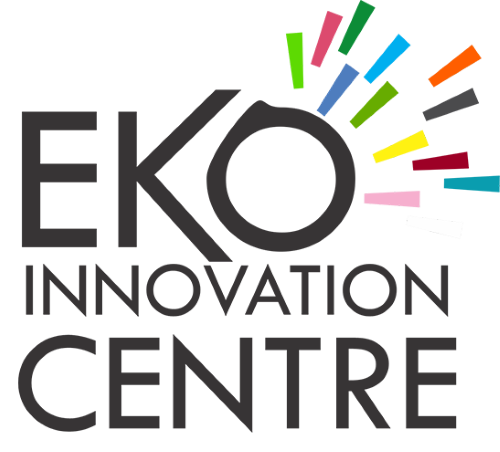Building a successful startup is not about having a perfect plan from day one—it’s about continuous testing, learning, and adapting. The Lean Startup Method, pioneered by Eric Ries, offers a systematic, scientific approach to developing businesses and products. How startups can use the Lean methodology to minimize risk, optimize resources, and scale effectively? Let’s find out.
Core Principles of the Lean Startup Method
1. Build-Measure-Learn Cycle
At the heart of the Lean Startup methodology is the Build-Measure-Learn cycle. The goal is to create a Minimum Viable Product (MVP), test assumptions quickly, gather feedback, and iterate based on real user data.
2. Minimum Viable Product (MVP)
An MVP is the simplest version of a product that delivers core functionality. It allows startups to validate hypotheses with minimal resources before investing heavily in full-scale development.
3. Continuous Experimentation
Rather than making assumptions, Lean startups run controlled experiments to test ideas. This prevents wasting time on features or business models that may not resonate with users.
4. Pivot or Persevere
Startups must decide whether to pivot (change strategy) or persevere (continue improving the same model) based on data-driven insights. This flexibility helps companies adapt and avoid failure.
Advantages of the Lean Startup Approach
1. Faster Time to Market
By releasing an MVP early, startups avoid lengthy development cycles and gain real-world feedback from early adopters.
2. Reduced Risk and Costs
Instead of making large upfront investments, the Lean method prioritizes testing ideas on a small scale, allowing startups to refine their approach with minimal financial risk.
3. Customer-Centric Development
The iterative approach ensures that products evolve based on actual user needs, improving the likelihood of long-term success.
4. Scalability and Agility
Lean startups are inherently flexible. They can adapt to market changes faster than traditional companies that rely on rigid planning.
Challenges of Implementing Lean Startup Principles
1. Misinterpreting the MVP Concept
Some startups mistake an MVP for a half-baked product. An effective MVP should still provide a valuable user experience, even if it’s basic.
2. Over-Reliance on Data
While data-driven decision-making is vital, startups must balance analytics with intuition and industry expertise to avoid over-correcting based on early, incomplete feedback.
3. Scaling Too Soon
Lean startups must resist the temptation to scale prematurely. Expanding before achieving product-market fit can lead to resource wastage and operational inefficiencies.
Real-World Examples of Lean Startup Success
Dropbox: Used a simple explainer video to gauge demand before building a full-fledged product.
Airbnb: Started as a small experiment by renting out their own apartment before expanding into a global business.
Zappos: Initially tested demand by manually fulfilling shoe orders rather than holding inventory, validating their market before scaling.
How Eko Innovation Centre Supports Lean Startups
The Lean Startup Method has revolutionized how businesses develop and scale, emphasizing rapid iteration, cost-efficiency, and user-centered innovation.
At Eko Innovation Centre, we empower startups with mentorship, lean business acceleration programs, and expert-led workshops to help founders apply these principles effectively. Are you launching an MVP, refining your business model, or preparing to scale? Our ecosystem offers the support you need to succeed.
